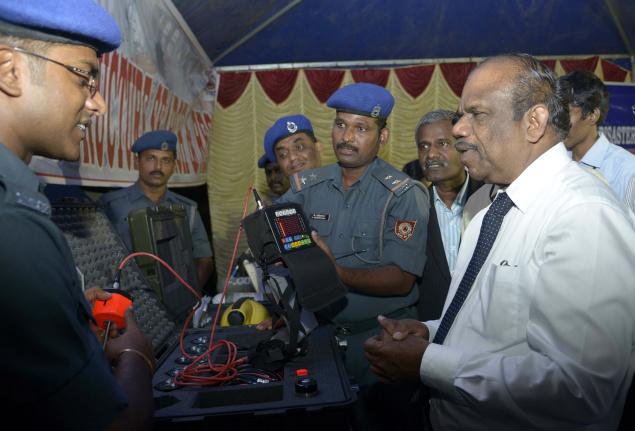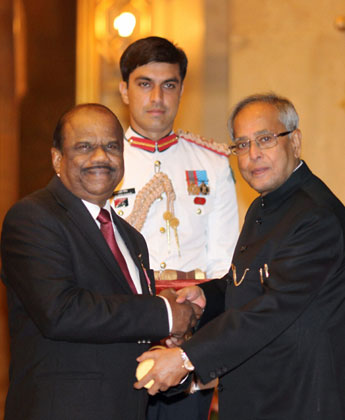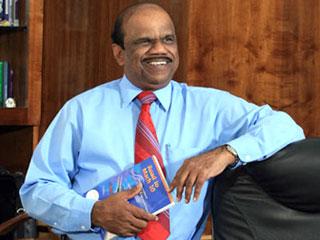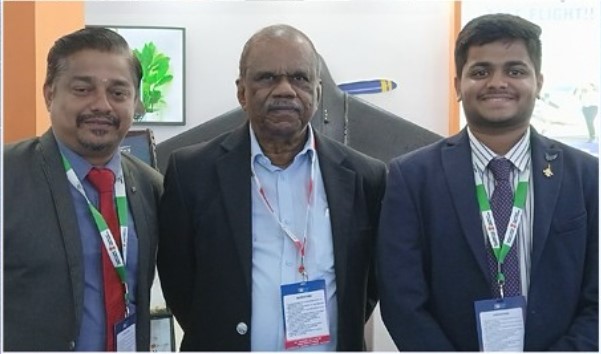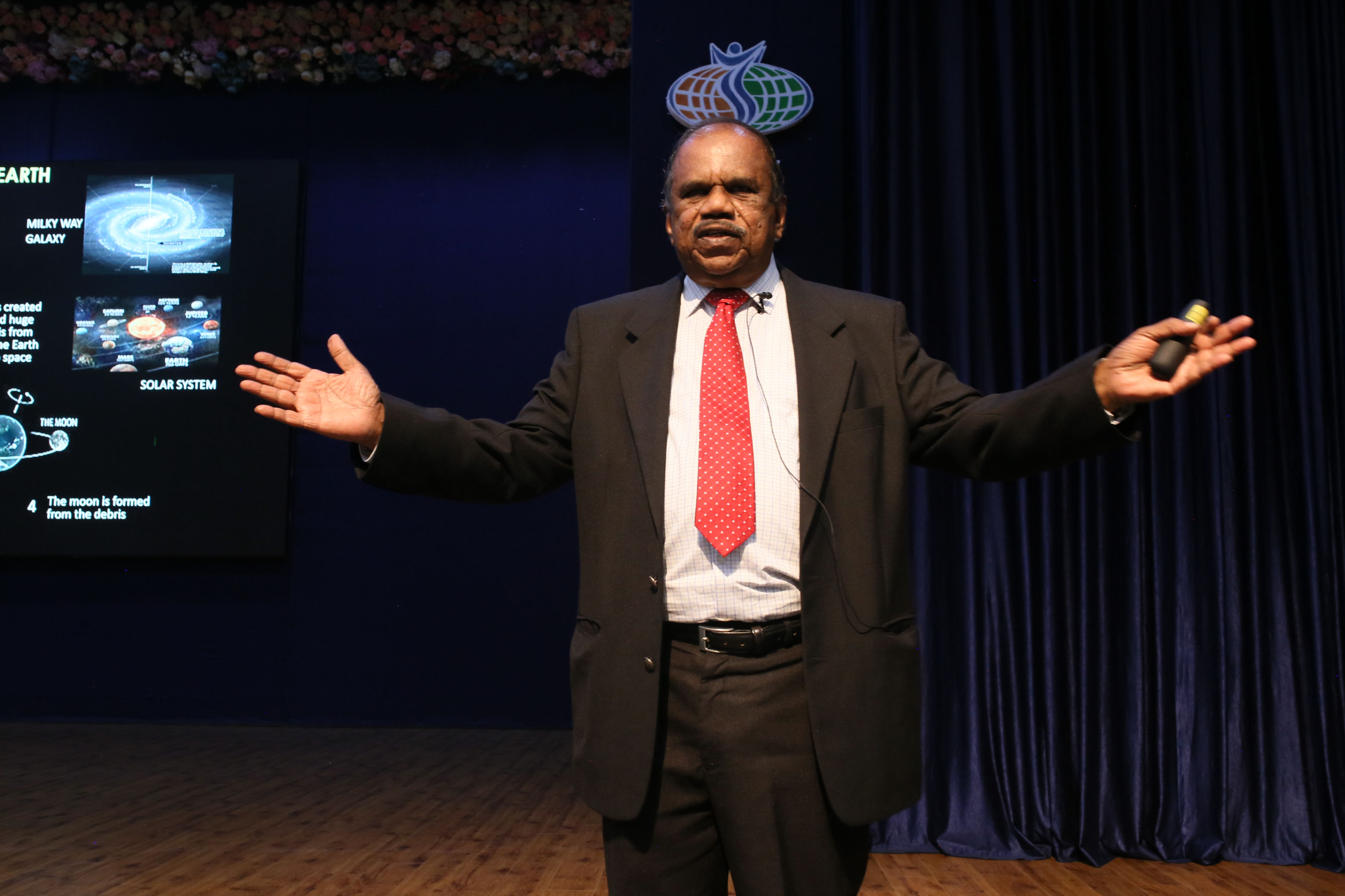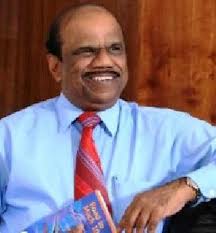
CEO & MD of Brahmos Aerospace, A. Sivathanu Pillai on Friday said future warfare would see intelligent autonomous systems in all spheres of war, with hypersonic regimes of operations of missiles enabling fast operation with low detectability (stealth) and minimum time to hit targets.
He said the future would see re-usable hypersonic missiles replacing ballistic missiles, combat aircraft reconnaissance systems and platforms that could penetrate even the most heavily-defended targets.
Apart from reducing operating costs, re-usability would open up multiple applications for missiles including reconnaissance, payload delivery and damage assessment, he said in his convocation address at the Military College of Electronics and Mechanical Engineering (MCEME) here on Friday.
Earlier, at a graduation ceremony, 29 young officers who passed out of the 89th Degree Engineering Course and 26 more who finished the 16th Technical Entry Scheme (TES) Course got their B. Tech. degree from JNU, New Delhi. Two more received their Masters degree. The parchments were given away by Dr. Pillai and Lt. Gen. N.B. Singh, Director-General-EME.
Dr. Pillai said the Indian Army was the only land force to have the most advanced supersonic cruise missile regiment, while all other nations only had sub-sonic cruise missiles. Strength respected strength, he said, adding however, that the biggest hurdle in realising indigenous technologies was the brain drain due to the attractions offered by developed countries to India's best talent pool.
“With young graduates like you, many critical technologies like high-accuracy inertial guidance system for Prithvi, carbon-carbon technologies for re-entry, super-computers for Computational Fluid Dynamics, the surface-to-air missile and imaging infrared seeker for Nag had been accomplished,” Dr. Pillai said.
Lt. Gen. Singh said the graduation was the beginning of a challenging journey as Army's Systems Engineers with the onerous responsibility of ensuring combat readiness. As future Systems managers, they would have to assimilate and absorb complex technology and play a vital role in combat operations by applying their knowledge, he said.
Earlier, MCEME's Officiating Commandant, Maj. Gen. Amarjit Singh said every year about 400 officers and over 3,000 other rank personnel received training at the MCEME.
Source: http://www.thehindu.com/todays-paper/tp-national/article2743409.ece




